
Business
17:46, 05-Sep-2017
Political, economic fallout of DPRK test felt as Hyundai halts China assembly line
Nicholas Moore
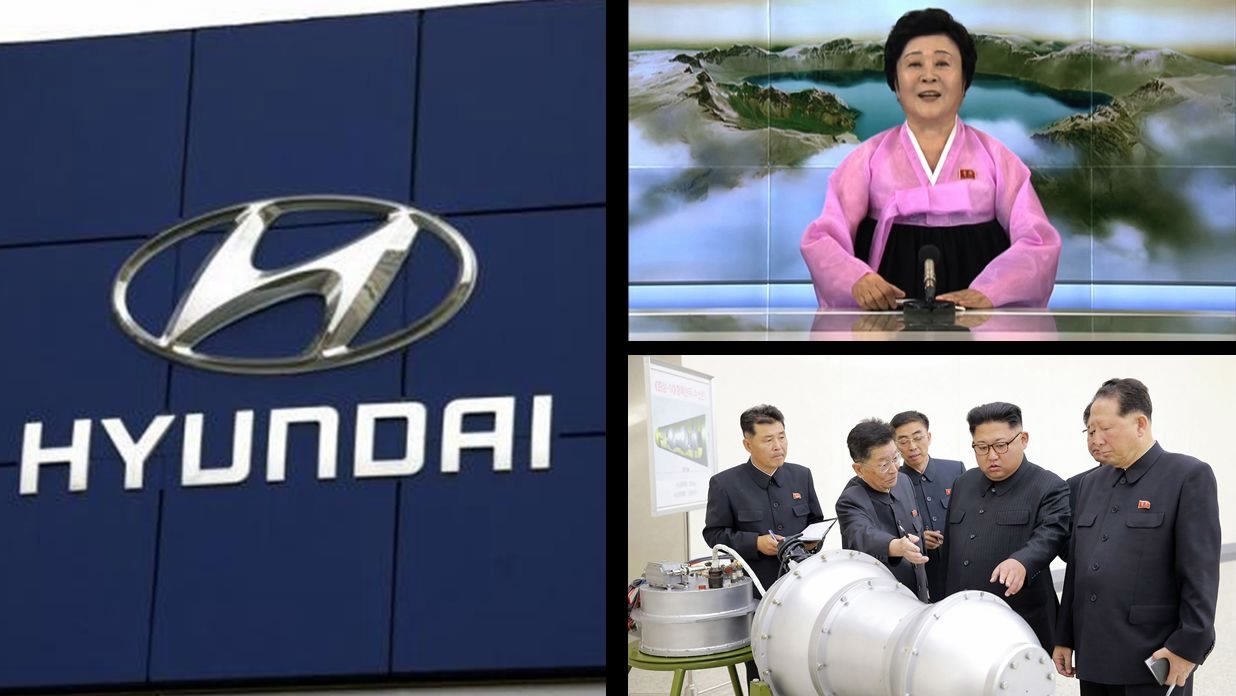
The DPRK’s sixth nuclear test literally shook the world on Sunday, and political and economic ripples are continuing to reverberate throughout the region, with Hyundai, South Korea’s leading car manufacturer, halting production at one of its Chinese factories on Tuesday.
The US on Monday pushed the UN to place the strongest possible economic sanctions on the DPRK, while South Korea retaliated by announcing that four more controversial THAAD (Terminal High Altitude Area Defense) launchers were ready for deployment.
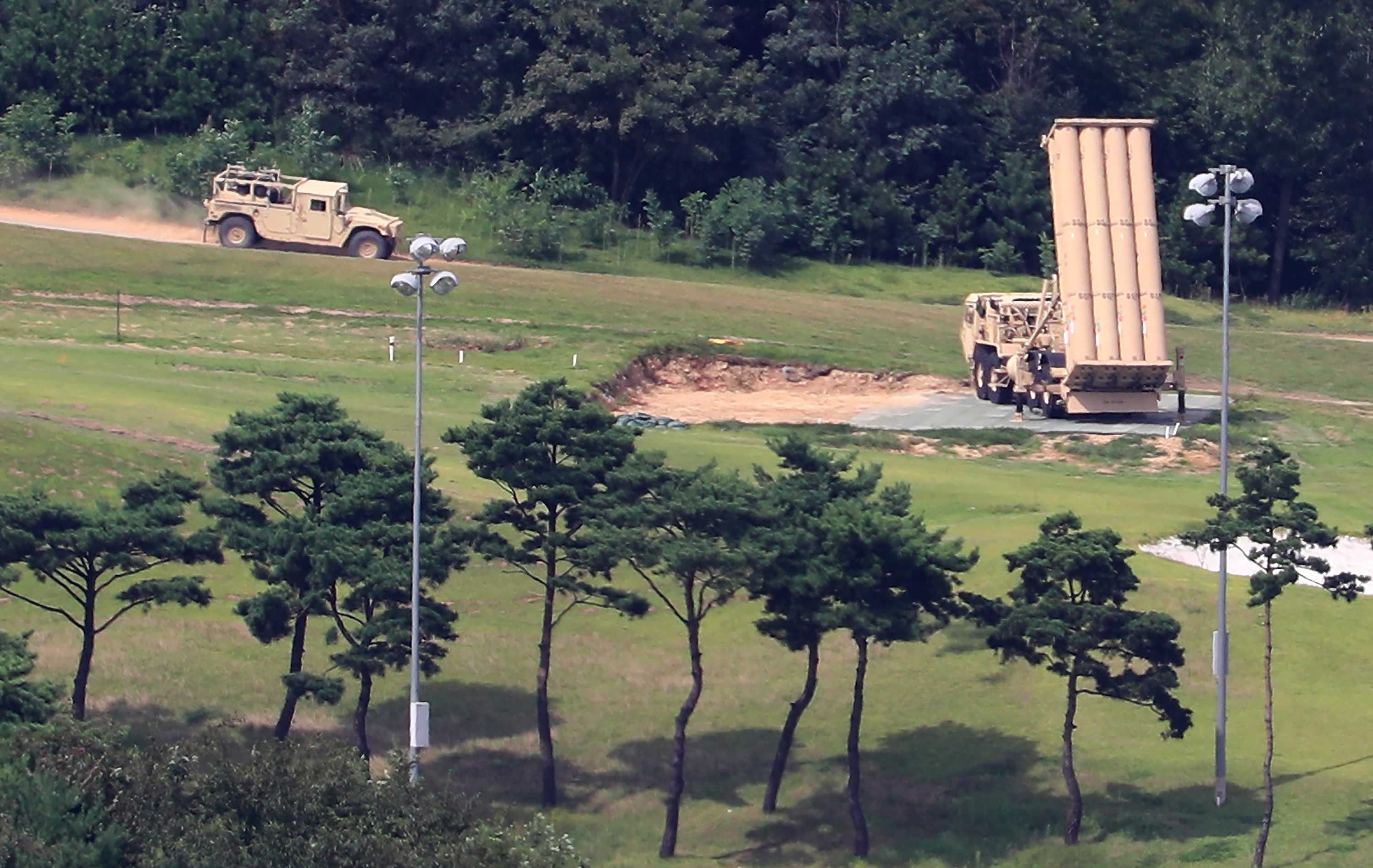
US Terminal High Altitude Area Defense (THAAD) system equipment is seen at a former golf course in the southern county of Seongju on September 4, 2017./AFP Photo
US Terminal High Altitude Area Defense (THAAD) system equipment is seen at a former golf course in the southern county of Seongju on September 4, 2017./AFP Photo
Monday saw the South Korean Kospi index and the won both slide by 0.8 percent, while markets in Japan and Australia were also affected by the threat posed by the escalating crisis on the Korean Peninsula.
The economic fallout from the DPRK’s hydrogen bomb test, coupled with South Korea’s THAAD deployment in retaliation, has coincided with further pain for Hyundai in China.
In 2016, Beijing Hyundai Motor – a joint venture between Hyundai Group and China’s BAIC Motor – was the third largest car manufacturer in China, with sales of just under 1.8 million vehicles according to Nikkei Asian Review.
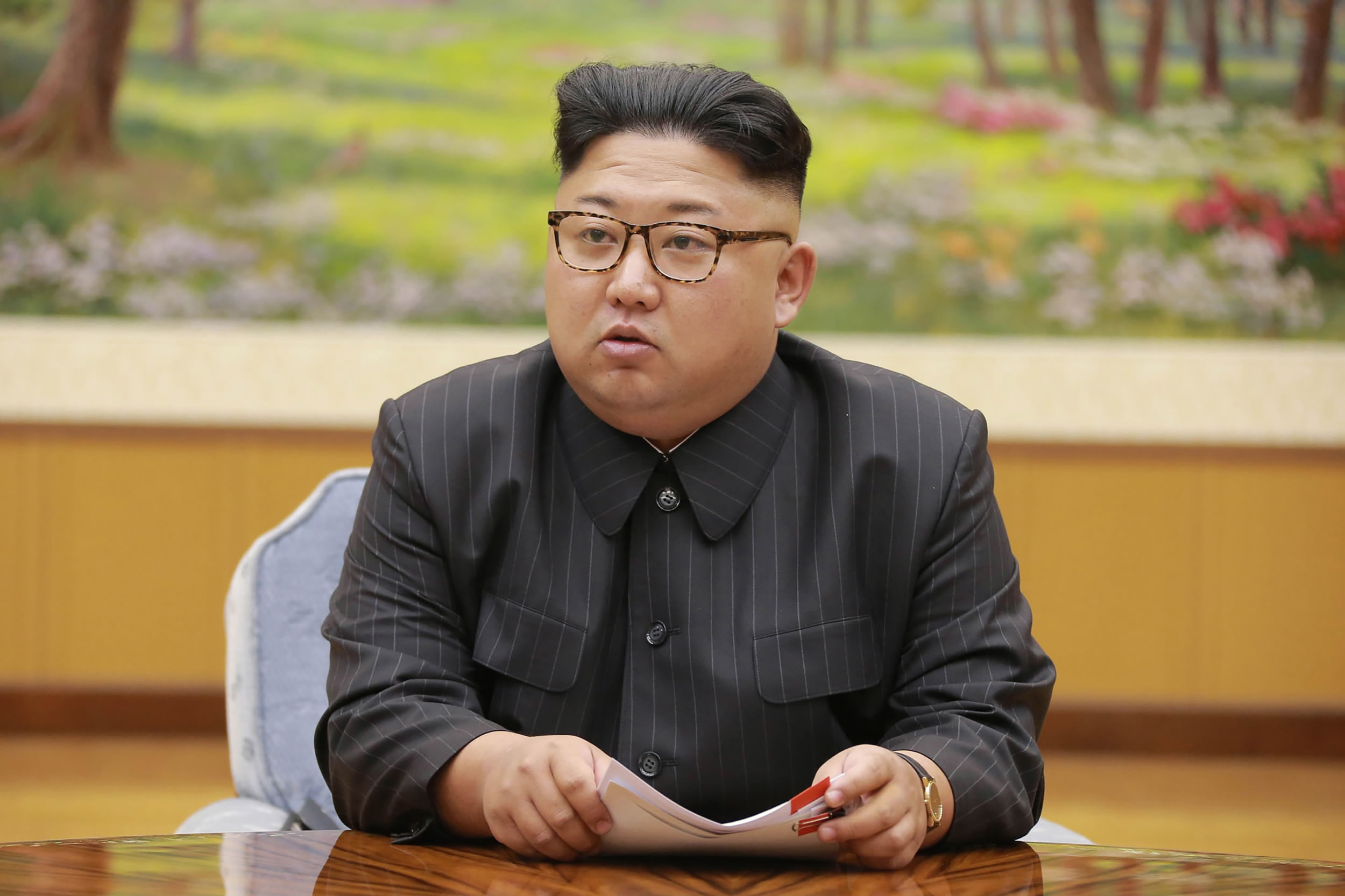
DPRK leader Kim Jong-Un attends a meeting with a committee of the Workers' Party of Korea about the test of a hydrogen bomb, September 3 2017. /AFP Photo
DPRK leader Kim Jong-Un attends a meeting with a committee of the Workers' Party of Korea about the test of a hydrogen bomb, September 3 2017. /AFP Photo
However, a politically tumultuous 2017 saw sales in China slump 65 percent in the second quarter, with the company forced to cut its targets for the year by almost a quarter. The latest factory halt comes after all four of Beijing Hyundai’s production lines stopped operations for several days in late August.
Both of the halts to production have been put down to suppliers refusing to deliver parts because of delayed payments – the Financial Times reports that Beijing Hyundai is in a “precarious financial situation amid flatlining sales” that have coincided with the THAAD deployment.
Global Times reports that the first factory closure arose because the manufacturer owed 111 million yuan (16.85 million US dollars) to one of its suppliers.
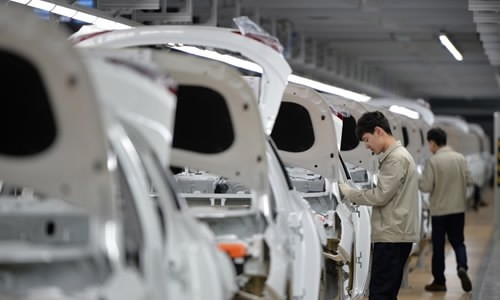
Workers at the Hyundai Beijing Motor factory in Cangzhou, Hebei Province, February 2017. /Global Times Photo
Workers at the Hyundai Beijing Motor factory in Cangzhou, Hebei Province, February 2017. /Global Times Photo
China has made its opposition to THAAD clear ever since plans were announced to deploy the missile system, and the South Korean economy has suffered as a result.
The election of Moon Jae-in in May initially sparked hope that THAAD’s deployment would be cancelled, but the latest escalation of tensions between the DPRK and the US appears to have left the liberal president with no choice but to drastically bolster his country’s defenses.
According to Global Times, 87 out of 99 Lotte superstores in China have closed since the row over THAAD broke out, while Xinhua reported on Tuesday that the number of Chinese visitors entering South Korea in July was down 69.3 percent year-on-year.
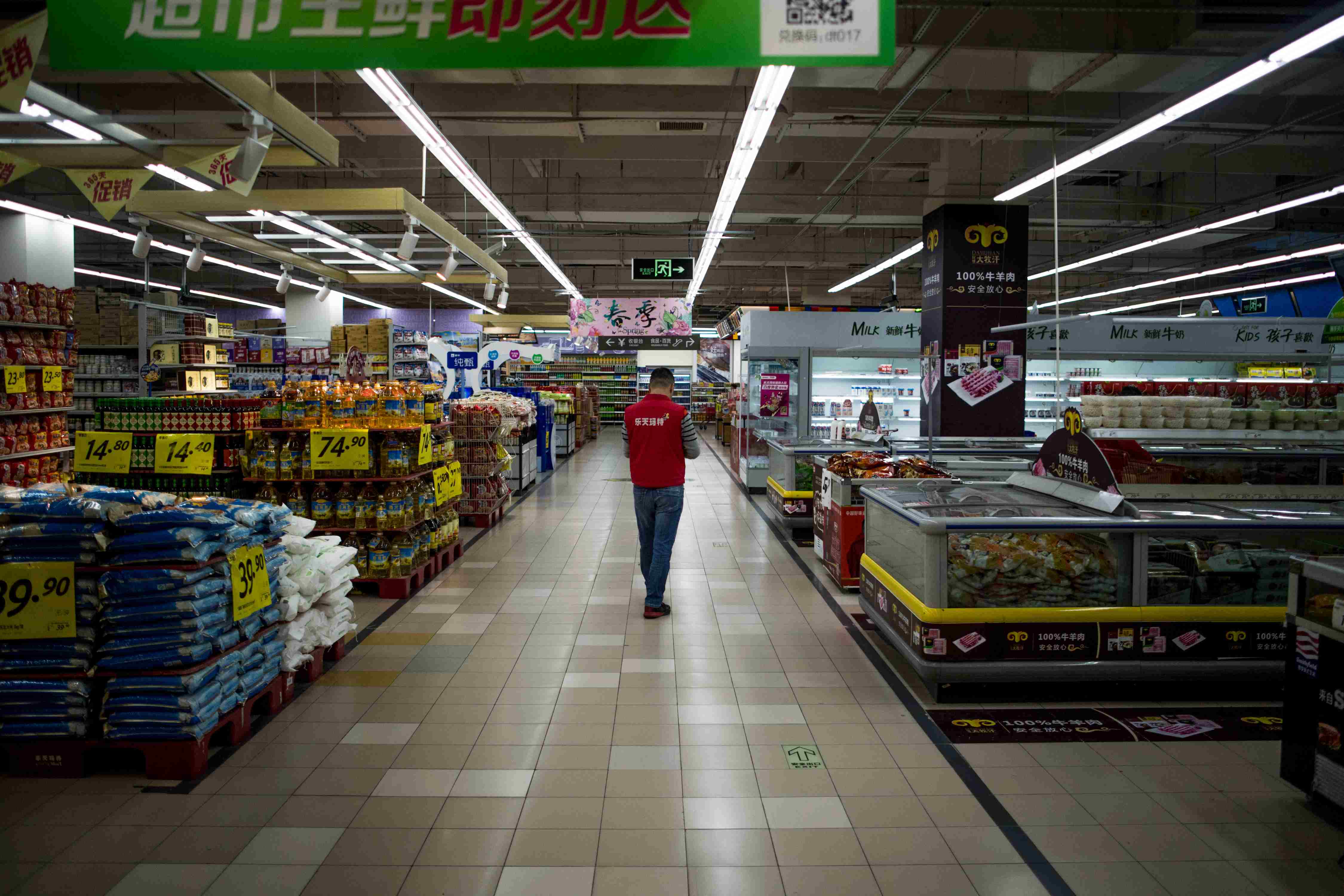
Lotte Mart staff stands in an almost empty Lotte Mart in Shanghai on March 13, 2017. /AFP Photo
Lotte Mart staff stands in an almost empty Lotte Mart in Shanghai on March 13, 2017. /AFP Photo
Seoul’s current account balance in July fell to 7.26 billion US dollars, compared to 8.41 billion US dollars the year before, reflecting a slowdown in cross-border trade in goods and services.
South Korean car manufacturers saw their market share in China fall to 3.83 percent from 7.35 percent in the first half of the year, according to the China Association of Automobile Manufacturers.
Beijing Hyundai could not be reached for comment when asked by CGTN about the latest factory closure. While South Korea’s latest decision to deploy further THAAD batteries is likely to incur further wrath from China, not all of Beijing Hyundai’s problems can be blamed on tensions on the peninsula.
Poor sales can also be put down to a failure to grasp China’s trend for SUV vehicles, with Bloomberg citing Beijing Hyundai’s “sedan-heavy lineup,” as well as the emergence of Chinese manufacturers, as factors in the Korean brand’s rapid decline in the country.

SITEMAP
Copyright © 2018 CGTN. Beijing ICP prepared NO.16065310-3
Copyright © 2018 CGTN. Beijing ICP prepared NO.16065310-3